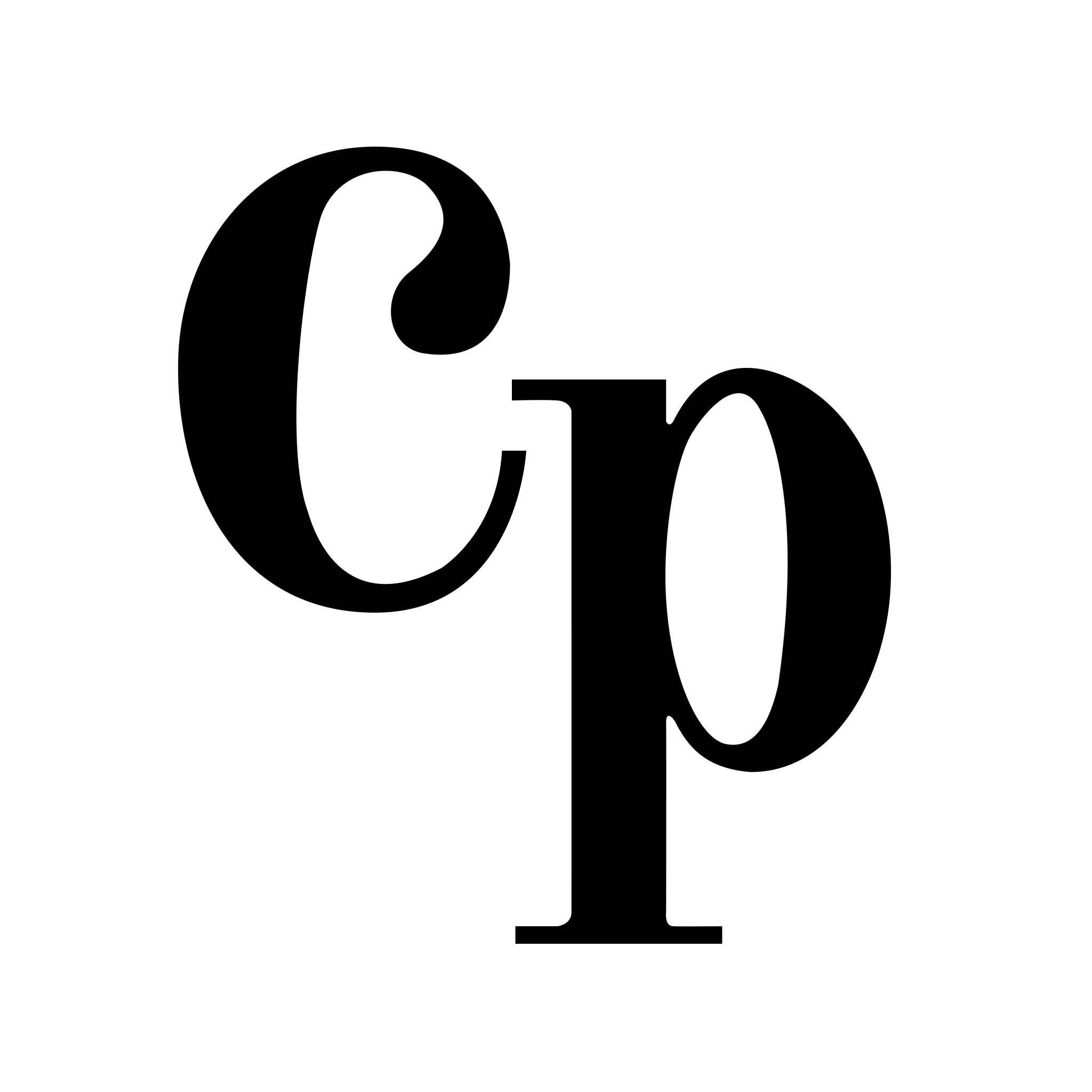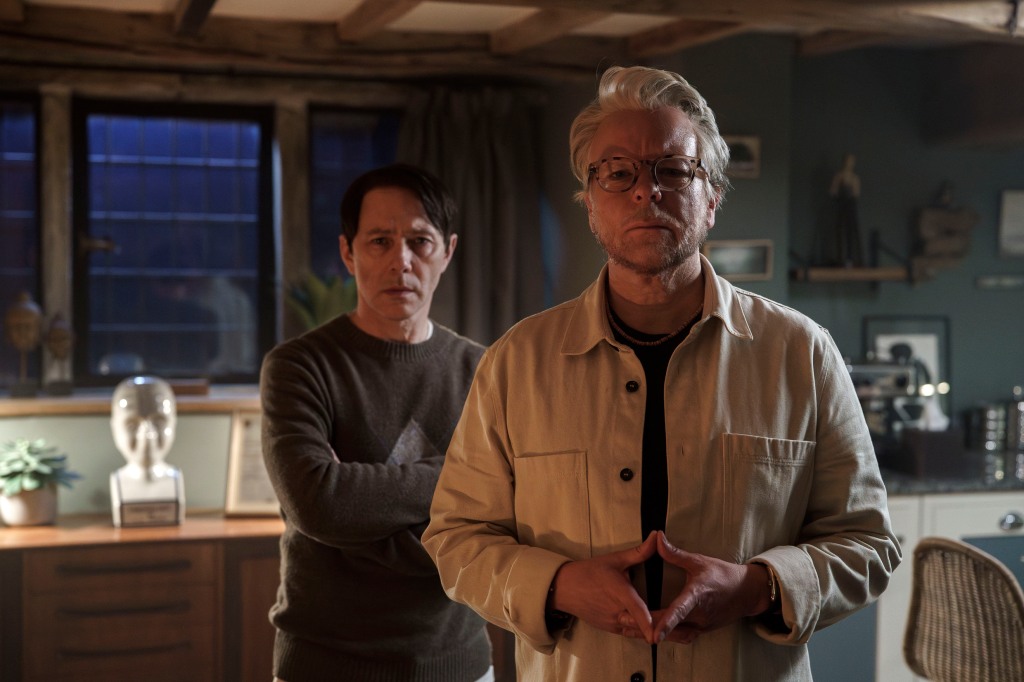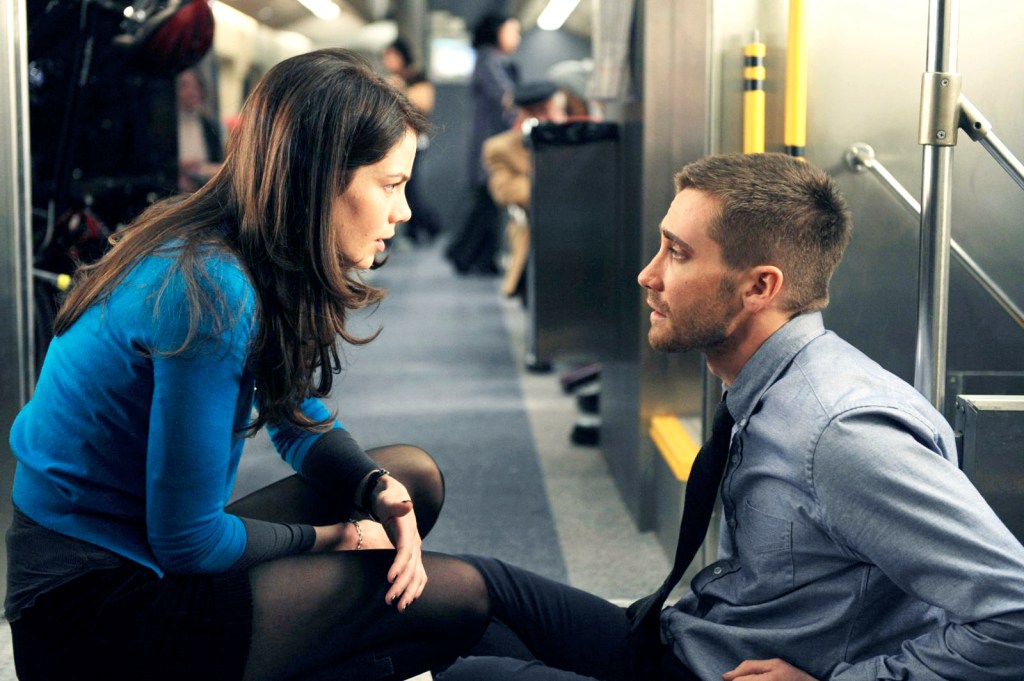The 2022 Sight & Sound poll had a fair few shocks for film viewers, but perhaps the most interesting aspect was the way it seemed to please precisely no-one. Film purists were appalled that recent films like Portrait Of A Lady On Fire, Moonlight and Get Out were included, while the more mainstream film fans seemed to balk at the very idea of an arthouse film like Jeanne Dielman, 23, Quai Du Commerce, 1080 Bruxelles supplanting the previous holders of the title of “best film ever” like Vertigo and Citizen Kane. For what it’s worth, it seems to me that rather than a call to arms for lovers of Chantal Akerman’s drama, this was more of a push back against the received wisdom of having a film like Vertigo or Citizen Kane or any traditional narrative film occupying the top spot.

One gratifying by-product of this though, is the increased interest in Akerman’s unconventional film – even if most of the discussion seems to begin with someone saying “Well I’ve never heard of it!” It’s a controversial selection for the number one spot whatever side you come down on – a three hour drama told across three days, and shot almost in real-time, in a series of hypnotically long static takes.
There’s very little plot or story, instead an exercise in minimalism, spending most of the runtime quietly observing the mundane daily routine of its titular protagonist in minute, painstaking detail. This is the tale of a widowed mother, Jeanne Dielman (Delphine Seyrig) who lives in a small apartment in Brussels with her teenage son. She occupies her time doing chores for her son, cleaning the apartment, preparing dinner, and performing sex work for older men, all of which is shot in the same dispassionate manner.

Delphine Seyrig is captivating as the title character. I previously only knew her from the cult horror film Daughters Of Darkness, where she plays a much more glamorous, flamboyant character. Here she delivers her dialogue in a flat, emotionless way, as if to sell the tedium of her life – the scene where she reads the effusive letter from her sister out loud is almost comical in her monotonous delivery.
There are things in Jeanne Dielman I really loved. The structure of the story, the way the daily routine is the same every day, and the often exhausting length and pacing means that we notice the tiniest changes in her routine that point to her inner turmoil. The most mundane activity takes on an almost ritualistic sensibility – even the way she eats her soup is vaguely unsettling.
This attention to detail means that on the third day, when things begin to subtly go wrong, tiny details that might otherwise fall through the cracks take on a new significance – She misses a button on her cardigan, she leaves the lid off the dish in which she keeps her money, and overcooks the potatoes. Something almost imperceptibly changes here. From this point on her routine spirals out of control, and there is a sense of unease that builds subtly to the very final scene.

It’s a beautifully constructed, fascinating film that I can appreciate and admire without necessarily liking all that much. The issue doesn’t lie with the static shots and the languorous pacing, all of which serves a purpose, but the three and a half hour run time is agonizing – I understand the reasoning behind it and admire the commitment to the premise, but after a while it does turn into a bit of an endurance challenge.
This isn’t a dig at the performances or the story, but I don’t think a shorter runtime would necessarily have rid the film of any of it’s drama, of the power of its message, be it the unbearable loneliness Jeanne faces every day, the life of servitude she has found herself trapped in, or the debasement she faces at the hands of men who see her as a little more than an object. This is all conveyed brilliantly, through the central performance and Akerman’s detached direction, but I’m not convinced that the runtime is ever entirely justified.
It might seem an unconventional pick for Best Film Of All Time, but Jeanne Dielman is an undeniably powerful one, albeit a bit of a slog. For what it’s worth it seems like an entirely reasonable pick for me for a highbrow magazine like Sight & Sound – a magazine whose entire raison d’etre is celebrating intellectual , non-mainstream cinema – it’s not the IMDb top 250 films! It’s a beautifully told story and an incredible film that I would encourage everyone to experience, but maybe only once!



![Raging Bull 4K UHD review: Dir. Martin Scorsese [Criterion Collection]](https://criticalpopcorn.com/wp-content/uploads/2024/05/d4a8e62a-057d-4cfd-b37b-43f6a5032bb5.__cr00970600_pt0_sx970_v1___.jpg?w=970)




![The Cat And The Canary Blu-ray review: Dir. Paul Leni [Masters Of Cinema]](https://criticalpopcorn.com/wp-content/uploads/2024/04/image-5.png?w=1024)





Post your thoughts